Cambodia's emergence as a "paradise" for online scam gangs specializing in trafficking forced labor has severely damaged the destination's reputation in China.
Before the pandemic, China was Cambodia’s largest source of international visitors. The country’s Ministry of Tourism launched China Ready, a program to certify hotels as meeting “Chinese standards,” and hopes to attract up to 1 million Chinese tourists this year.
But the country faces a major problem competing with rival low-cost destinations to attract visitors from the world's largest outbound tourism market, worth $255 billion in 2019.
Despite the Cambodian government's pledge to crack down on online scams, many online scam "syndicates" continue to operate without incident, sources say, according to Japanese newspaper Nikkei Asia .
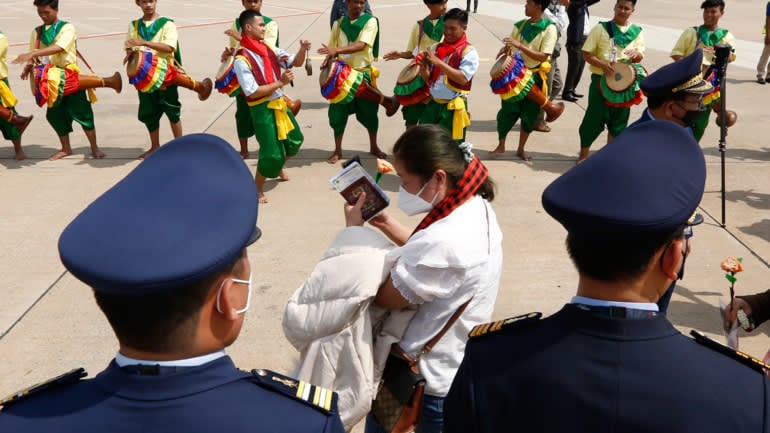
Chinese tourists arrive in Cambodia after the pandemic amid welcoming crowds last February
Bad reputation
China allowed its citizens to travel abroad in groups earlier this year. But Yang Ming, the owner of a Chinese travel agency based in Cambodia, said there were almost no tour groups or independent tourists coming…
“When (tourists) apply for passports and visas, the Chinese police ask where they are going. When they know they are going to Cambodia, the police say Cambodia is not safe,” he said.
Cyber fraud gangs from China and Southeast Asia have thrived in Cambodia, fueled by rampant corruption. A Nikkei Asia investigation revealed in 2021 that the gangs lured people, mostly from China and Southeast Asia, with fake job offers but then detained them and forced them to scam people online under threat of violence.
The problem is receiving growing international attention. In June, Interpol warned that “industrial scale” fraud centres had spread from Cambodia to Laos and Myanmar, posing a “global threat”.
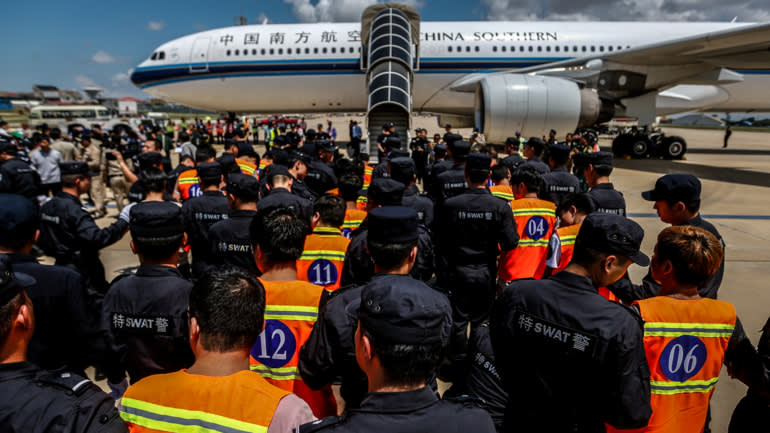
Several Chinese nationals involved in online fraud were arrested (in orange shirts) and repatriated from Cambodia airport in 2017.
In a report last month, the United Nations estimated that online scams in Southeast Asia were generating “billions of dollars” in revenue, with 100,000 people trafficked to Cambodia and 120,000 to Myanmar. The Cambodian government disputed that figure.
The Chinese government has stepped up efforts to warn victims of human trafficking and fraud through public campaigns and billboards at airports and train stations. But the biggest impact on public awareness has come from the blockbuster No More Bets , which topped the Chinese box office in August, grossing more than $500 million in its first month of release.
The film tells the fictional story of a programmer and a model who are lured by the promise of high-paying jobs into a fraudulent "corporation" run by a gang of killers.
The action takes place in an unnamed Southeast Asian country, although a scene in the trailer shows characters wearing Khmer-lettered T-shirts. Chinese netizens were quick to make the connection between Cambodia and Myanmar.
After the film's release, a poll conducted on Chinese social media platform Sina Weibo asked users whether they would travel to either country. Only 3,778 people said they would visit the "cost-effective" destinations, while about 181,000 people chose "I don't want to, it's too dangerous."
Chris Dang, a hotelier working in Cambodia, said the film had a “huge” impact on Chinese public opinion. The negative publicity could worsen already low occupancy rates at Phnom Penh hotels that cater to Chinese guests.
"The situation will be very bad until at least the end of this year," he said.
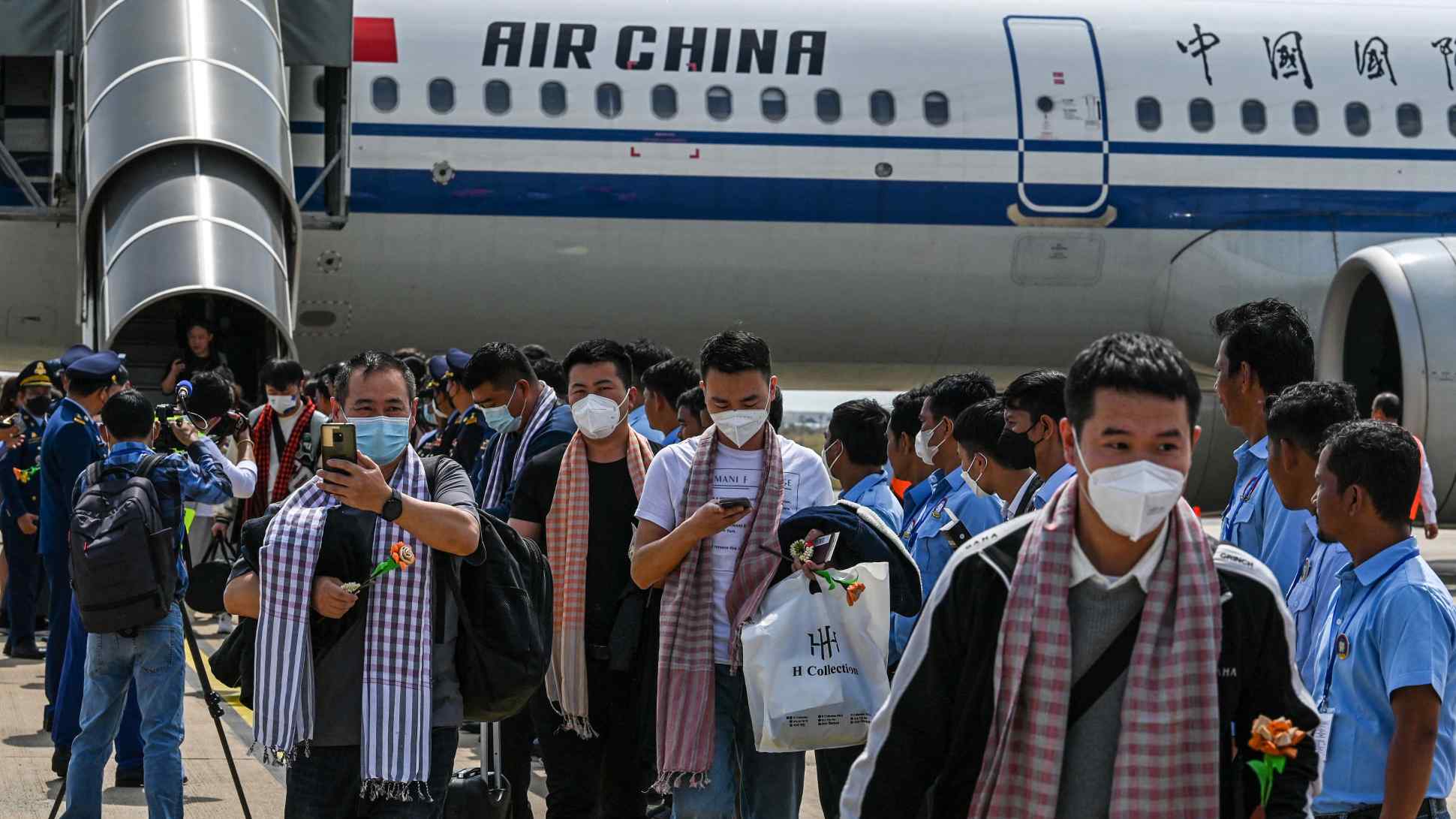
The first group of Chinese tourists arrived in Cambodia last February.
Over-reliance on Chinese customers
Before Covid-19, as Chinese tourism boomed, the Cambodian government had committed to ambitious new airport projects in Phnom Penh and Siem Reap worth a combined $2 billion. With the airport set to open next month, Cambodia’s tourism minister in June asked China to expand direct flights.
But even before the pandemic, experts warned that Cambodia’s tourism industry — worth $5 billion in 2019 and about $2 billion last year — was too reliant on Chinese visitors and needed to broaden its appeal beyond its ancient, world heritage-listed temples. China’s dependence is a broader economic problem for Cambodia. China accounted for nearly 80% of foreign investment last year.
In the first seven months of this year, Cambodia recorded 3 million arrivals, compared to 3.8 million in 2019. However, only 35% of this year's arrivals came by air, the rest by road. Arrivals from China in the same period accounted for only 10% of the total, compared to nearly 40% in 2019.
Thourn Sinan, president of the Pacific Asia Travel Association in Cambodia (PATACC), said online scams have a negative impact on the industry, with Cambodia being perceived as unsafe. “This perception could deter Chinese tourists from visiting Cambodia, leading to a drop in tourism revenue,” he said.
Experts say action is needed to clean up Cambodia's image before further damage is done.
After mounting pressure, the Cambodian government announced a crackdown in August 2022, helping to free more than 1,400 victims from several countries from criminal activities and arrest at least 137 people.
Interior Ministry spokesman Khieu Sopheak acknowledged that Cambodia’s reputation had been tarnished by scams and that the government was committed to tackling the problem. He said corruption was just one of many factors driving online scams and called for more international cooperation to tackle the cross-border problem.
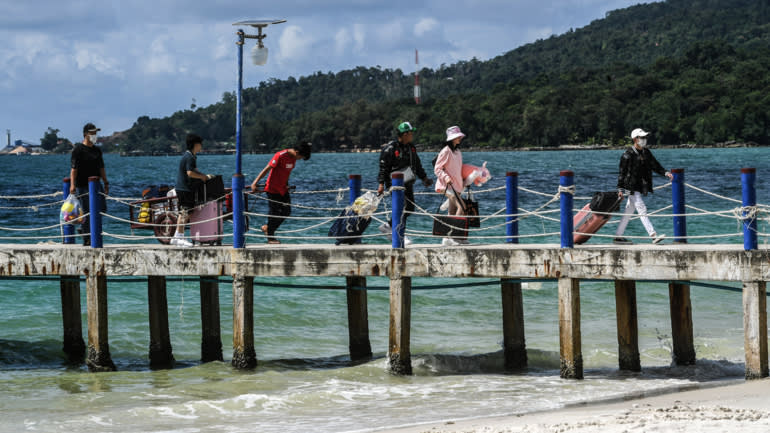
Chinese tourists visit Koh Rong island
Nikkei Asia recently spoke to Lin Jiahao (not his real name), a Taiwanese man in his late 30s who was lured to Cambodia in March 2022 and trafficked between scam syndicates in several provinces, including Kampot, Sihanoukville, Oddar Meanchey and Kandal, before escaping in May this year.
Jiahao said the traffickers took him to a remote location on Bokor Mountain, where he witnessed the traffickers beating other Taiwanese men while their hands were handcuffed to beds with belts.
He was then forced to scam people online. Jiahao, who was also regularly beaten and shocked with electric shocks, was lucky to escape during his journey to another country.
Source link


![[Photo] Prime Minister Pham Minh Chinh chairs meeting on US imposition of reciprocal tariffs on Vietnamese goods](https://vstatic.vietnam.vn/vietnam/resource/IMAGE/2025/4/5/9b45183755bb47828aa474c1f0e4f741)



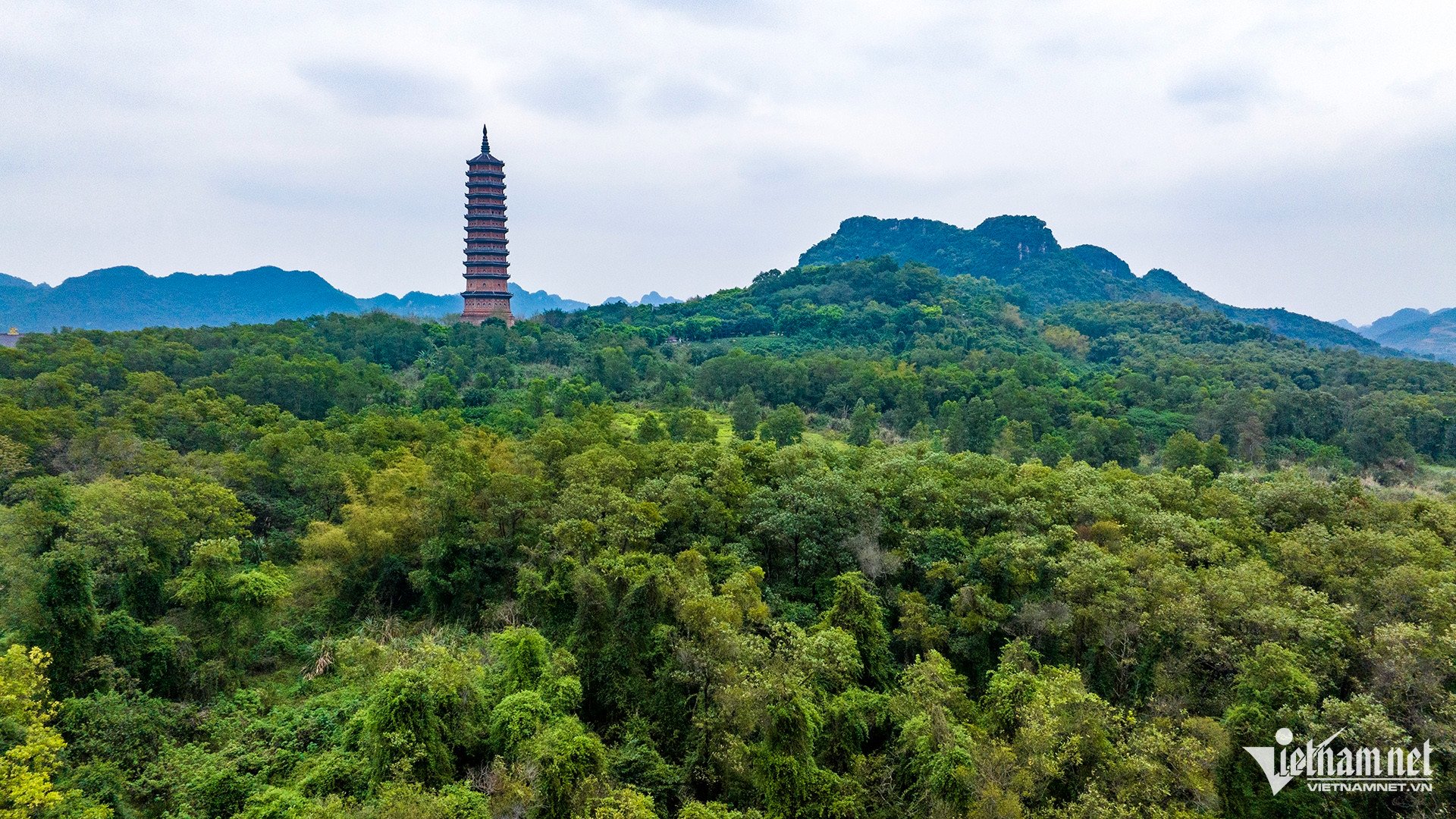



























![[Photo] Hanoi flies flags at half-mast in memory of comrade Khamtay Siphandone](https://vstatic.vietnam.vn/vietnam/resource/IMAGE/2025/4/5/b73c55d9c0ac4892b251453906ec48eb)


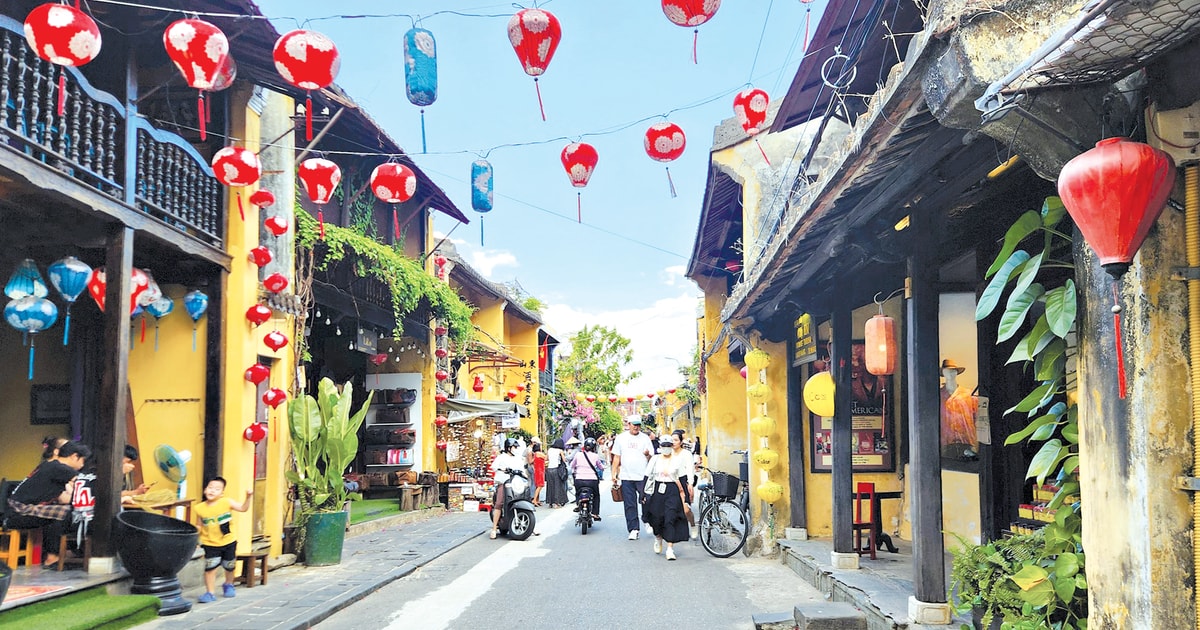

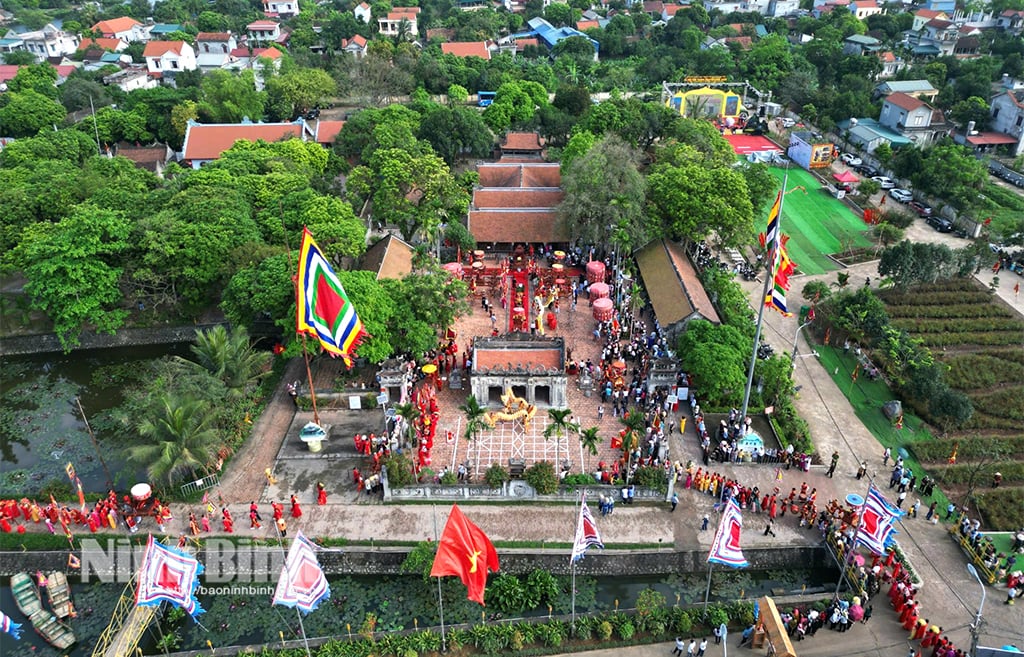



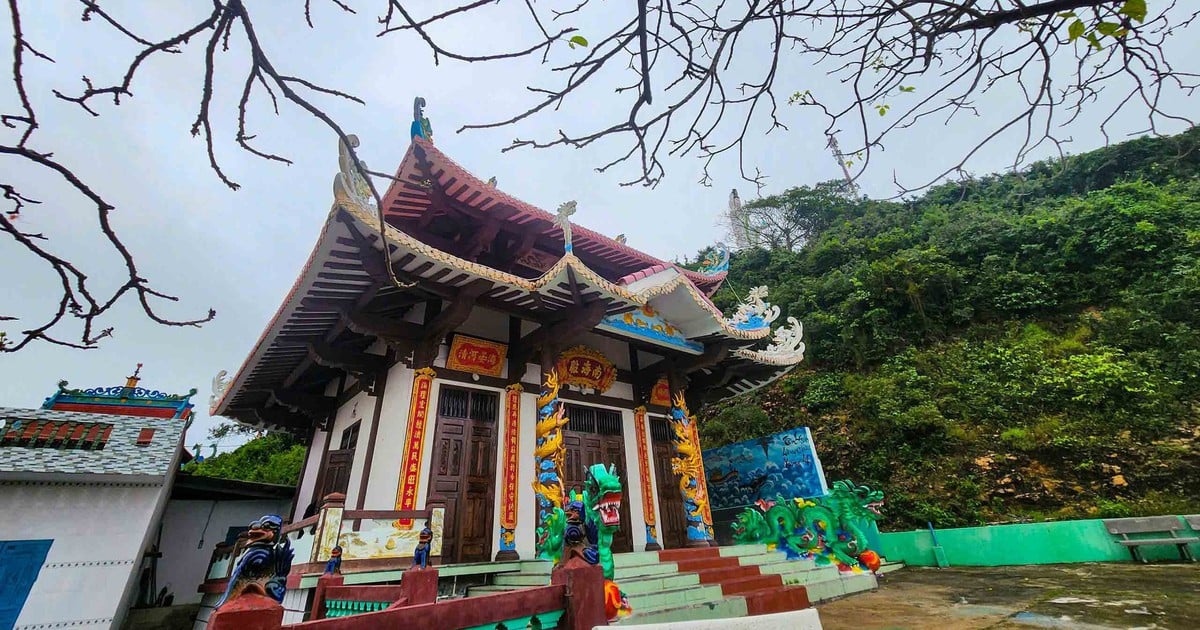


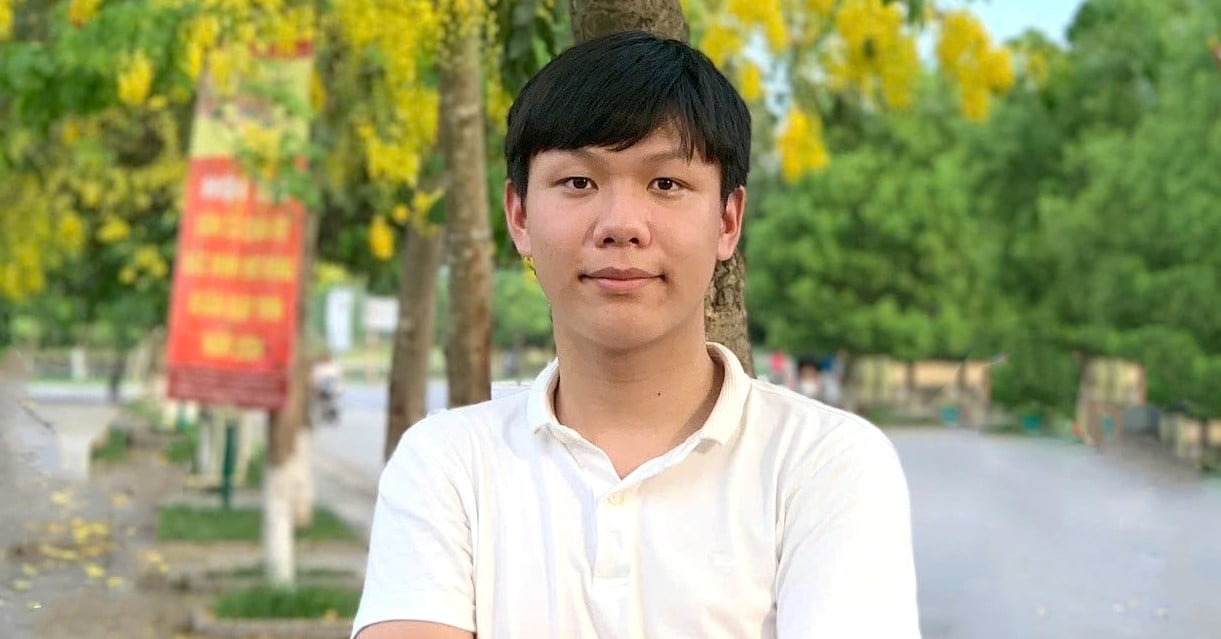


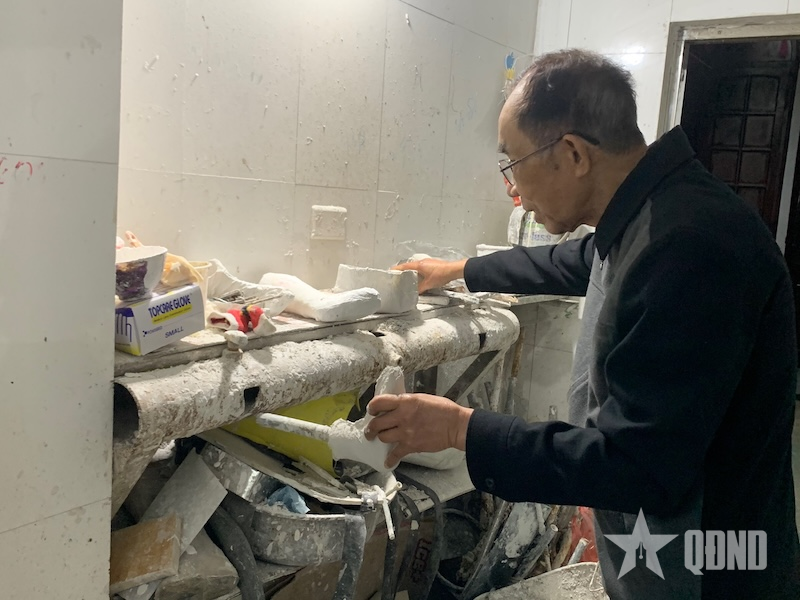






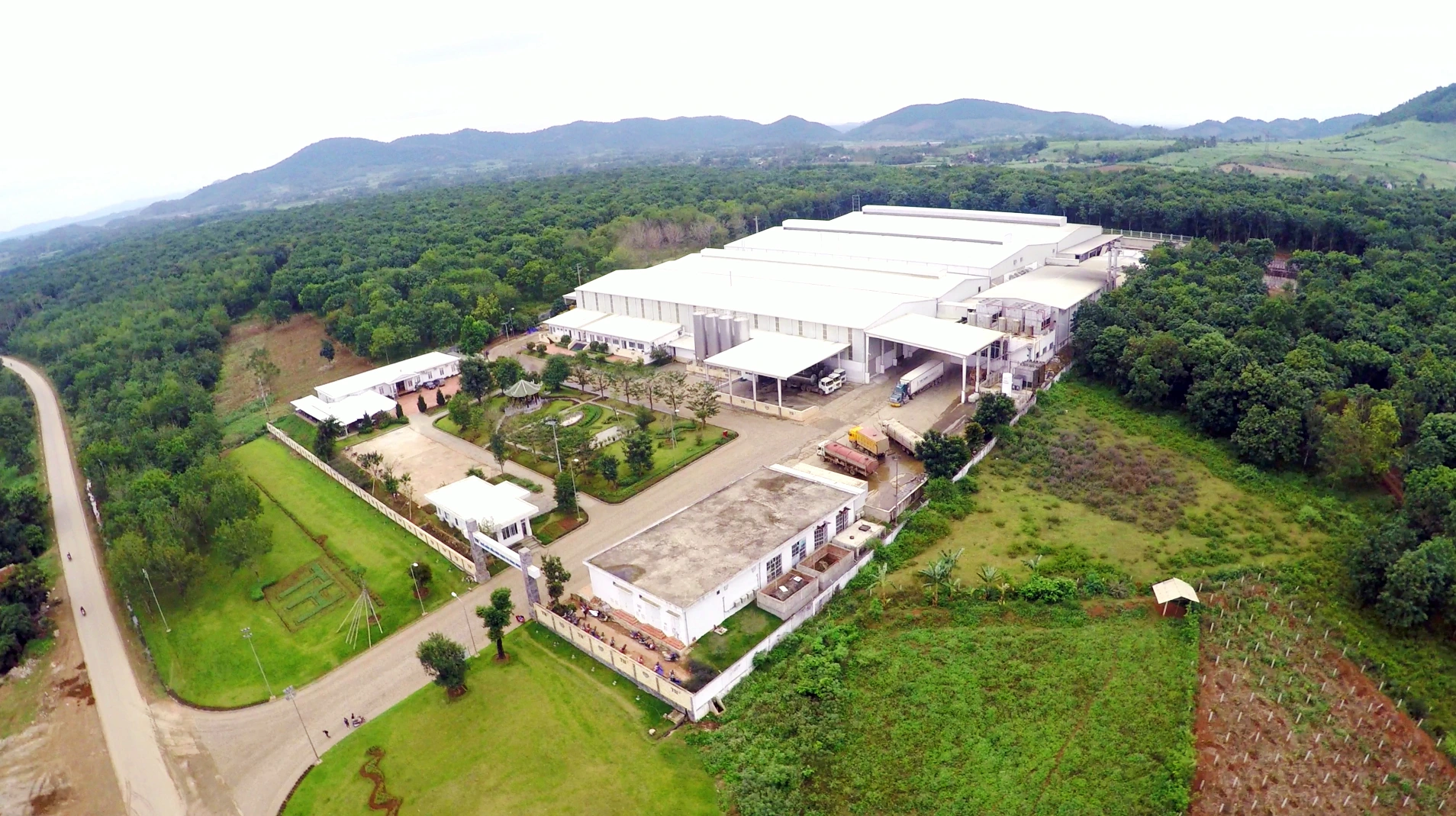

















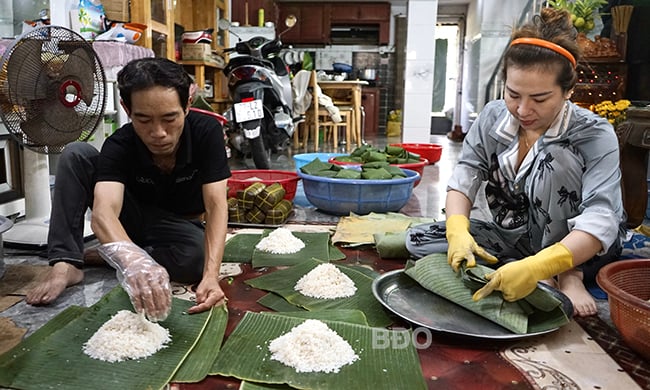
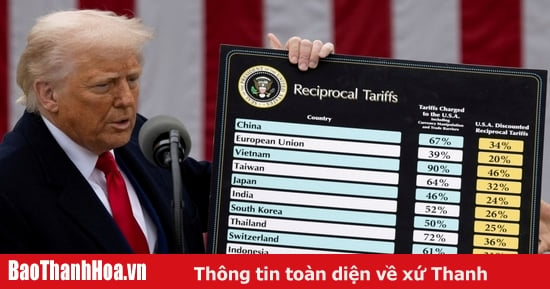












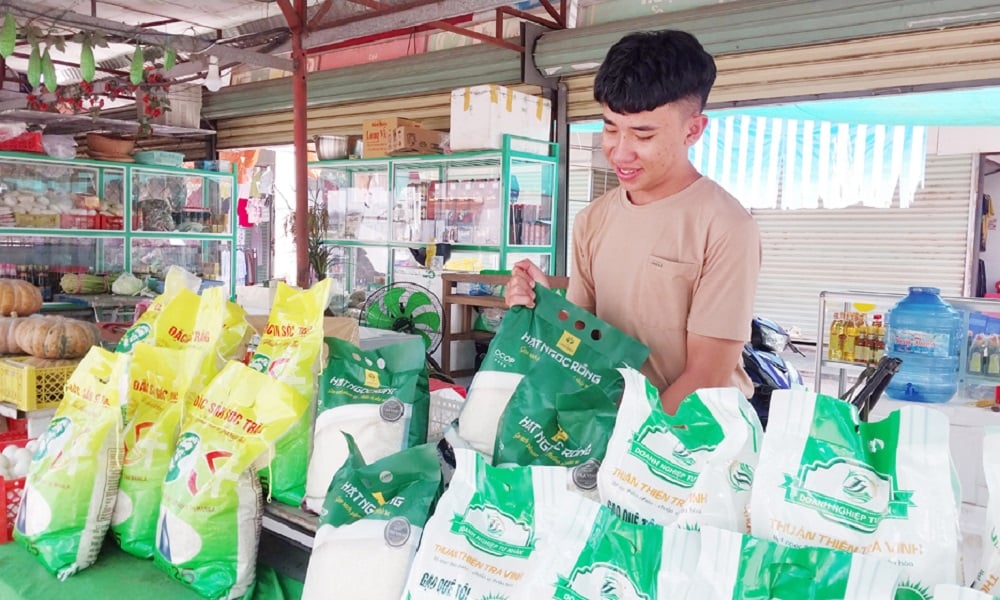



Comment (0)